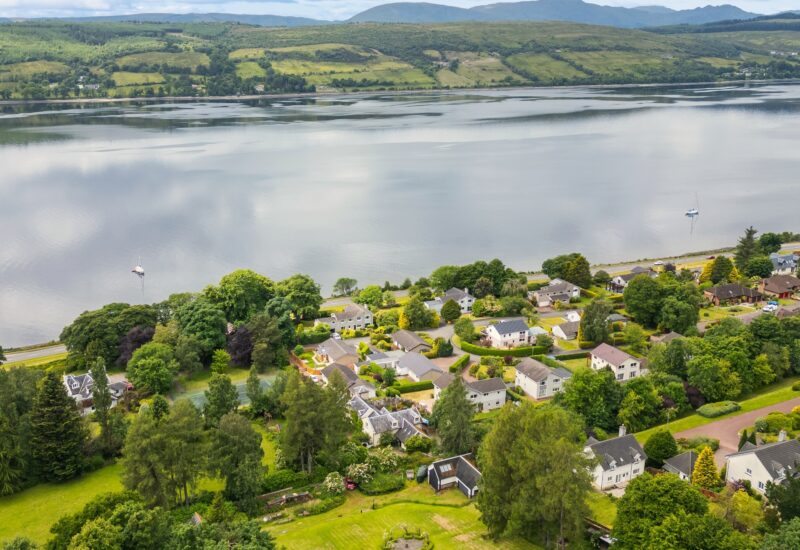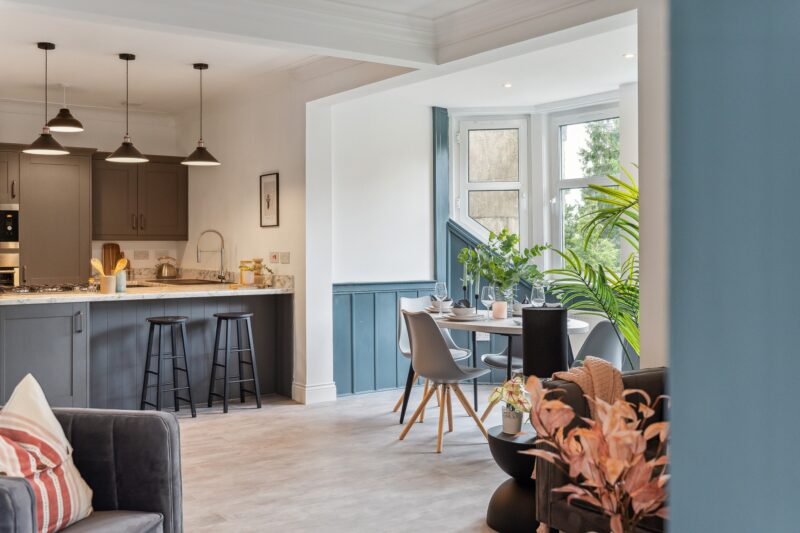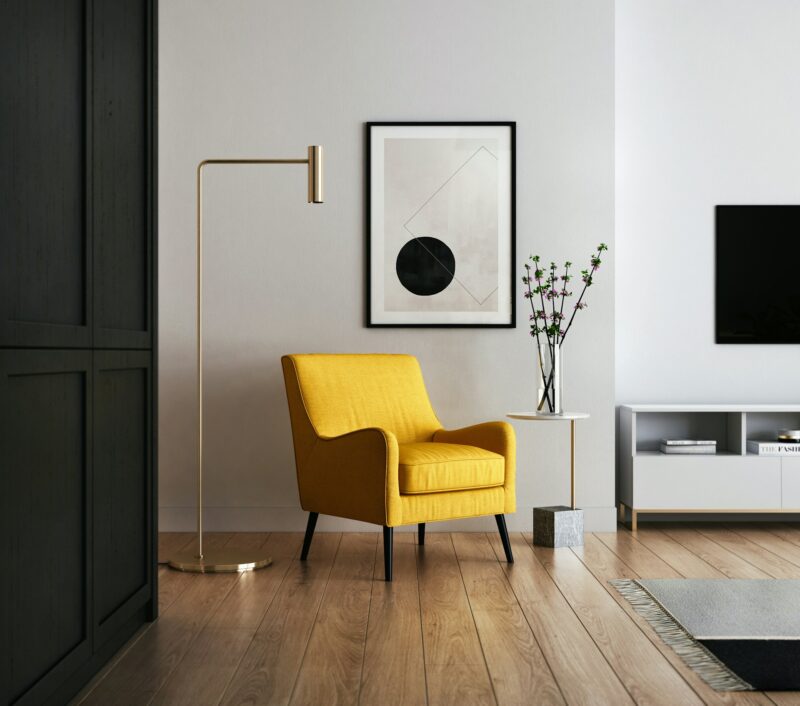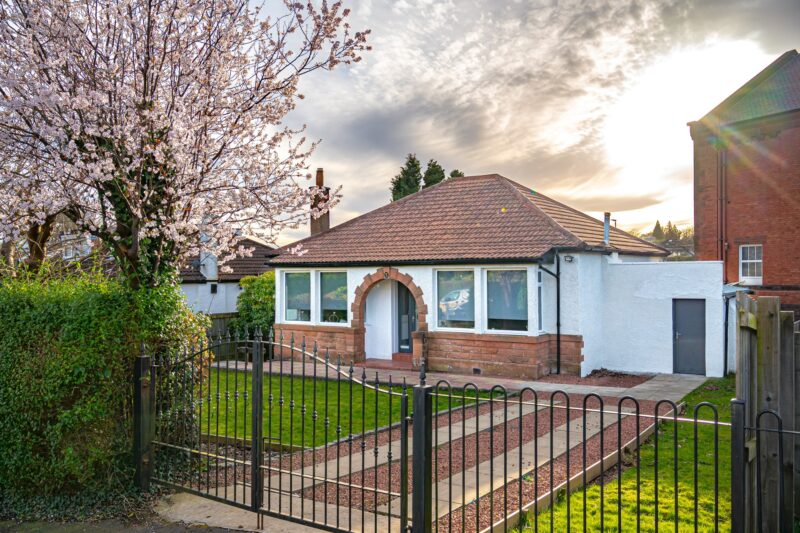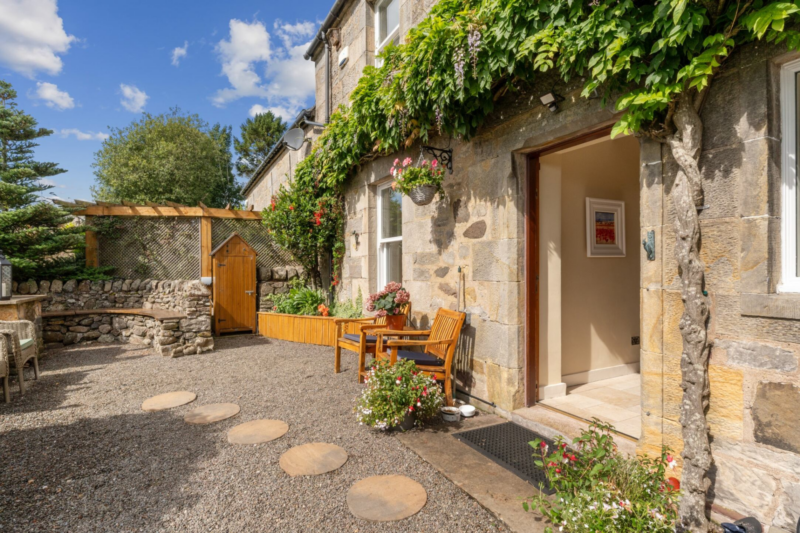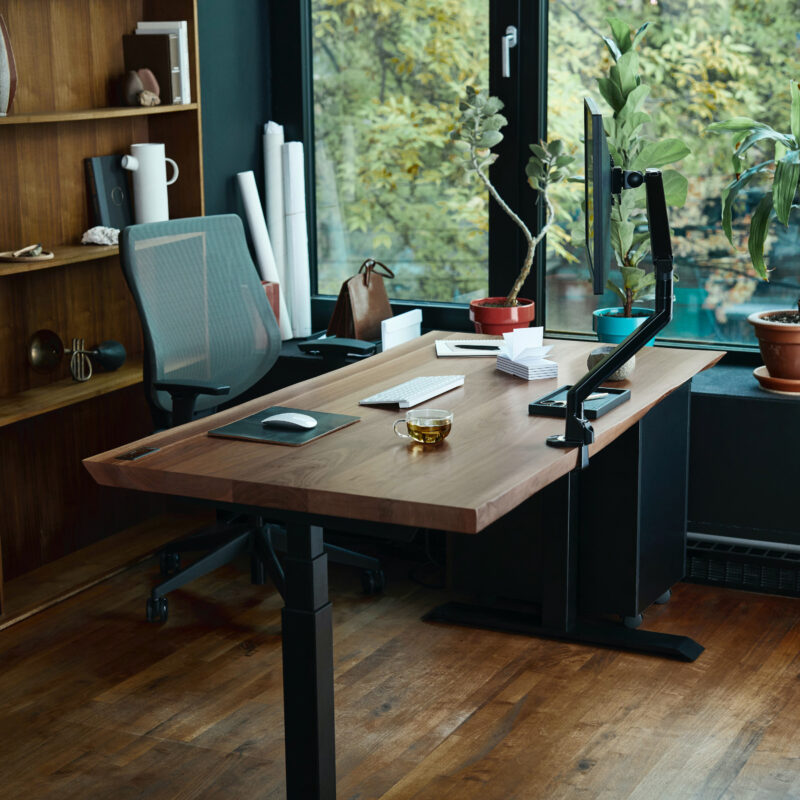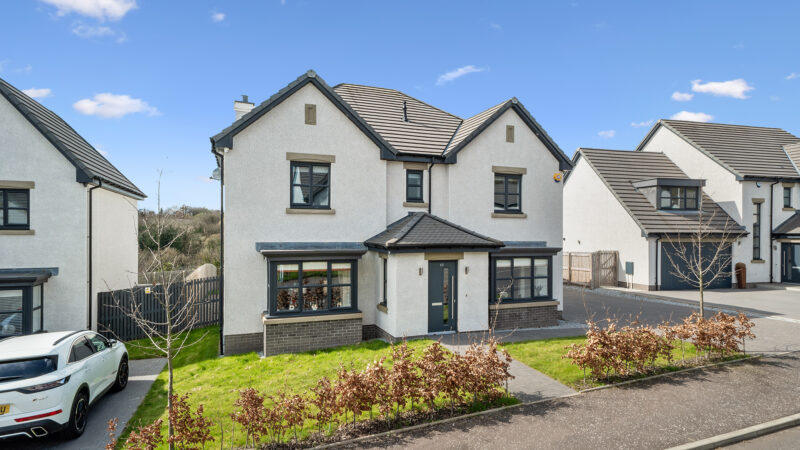
Have You Considered Renewable Energy?
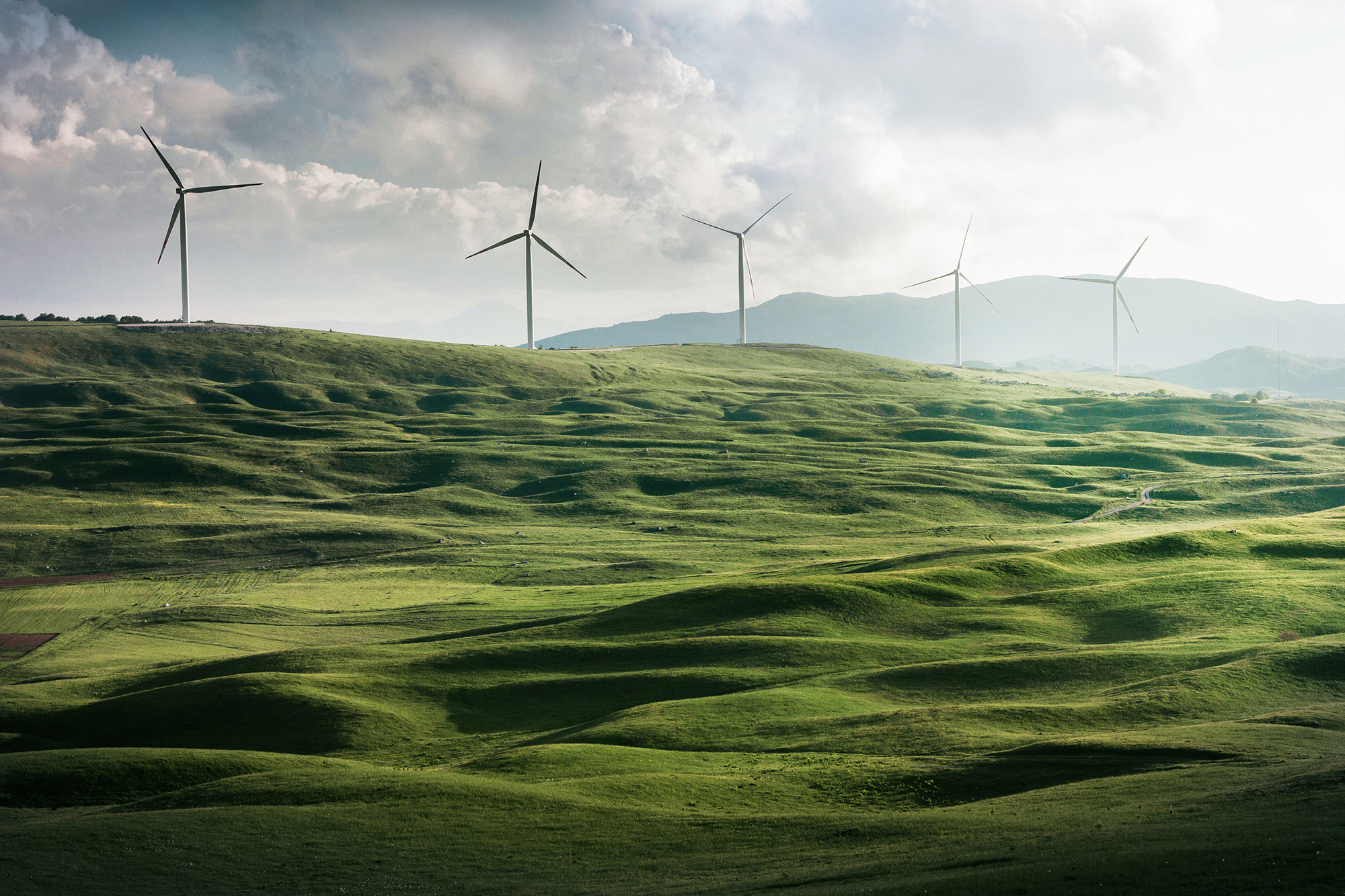
Over the last few years, renewable energy has been a hot topic. With a rise in our energy costs, we are much more conscious of how much we pay for gas and electricity. Following COP26 in Glasgow, climate change is at the forefront of our minds as Scotland has pledged to reach net zero.
Air source heat pumps (ASHPs) are a practical solution and a natural alternative energy source for our homes. However, these are much more expensive than a regular combi boiler and come with pros and cons.
Heat pumps need electricity to run and produce more kW of heat than the electricity they use. Therefore, on the whole, they are considered an energy-efficient alternative.
Types of air pumps
There are two types of air-source heat pumps – the first is air-to-air, and the second is air-to-water. The air-to-water heat pump qualifies for the UK boiler grant, which gives homeowners £5,000 towards the installation cost. The grant is also available to those who want to instal a ground source heat pump (including water source heat pumps and those on shared ground loops) or a biomass boiler.
An air-to-water source heat pump extracts outside air and absorbs it into water. As this is passed through the pump’s mechanical devices, the water’s temperature is raised. This water is used to heat your radiators and underfloor heating, as well as your taps and shower.
Benefits
Heat pumps are energy efficient as they produce more kW of heat than the electricity they use. This is called the Coefficient of Performance (CoP), and, according to the Energy Saving Trust, “if a heat pump has a CoP of 3.0, then it will give out three units of heat for every unit of electricity consumed”.
To maximise the savings you’ll enjoy, your home must be energy efficient. You should have cavity wall insulation, ensure windows are well insulated, and have the floor and loft insulation to minimise the heat that escapes your home.
It is not recommended that you install a heat pump in a home that is not energy efficient.
Cost
This will depend on the house size, how old the house is, and what existing system you have installed. A survey will address all of these issues, and the cost can vary from around £7,000 to £20,000 or more, depending on how large the system is needed. You can claim some of this, and many installers have an interest-free payment plan so you can find the savings you make payments for the system over the next few years.
The running cost varies – you might find that your monthly cost is the same, but if you have solar panels installed at the same time, you can save even more.
You will need a yearly service, but the unit should last around 15 years.
Installation
The system will require outside space as this is where the external fan unit, an internal hot-water storage tank, and a pump unit are located. They can be floor or wall mounted and can also be placed on a flat roof. The two units should be located close together. You may also need to replace the internal pipework and the radiators as they need to be larger than standard radiators to generate enough heat as they generally reach lower temperatures. Sometimes only the addition of a pump is required, so it can be anything from a few days to a few weeks.
Clyde Property is a leading independent, multiple award-winning estate agent with over 30 years of experience in selling and letting property in Scotland. Call your local Clyde Property branch today for friendly, impartial advice on letting and renting property.

